This program includes: Reconnect Transition Program, youth Reconnect Transition Program, express Reconnect Transition Program, Brain Injury Support & Education Groups.
The Reconnect Transition Program assists individuals living with acquired brain injury (ABI) following a road trauma.
It began as a pilot program in 2007 supported by the Motor Accident Commission, and since 2016 has been funded by the Lifetime Support Authority for delivery by Brain Injury SA (BISA). The suite of programs brings participants together to assist them in adjusting to living with a brain injury and are centred around education, connection and support. It has four main components.
- Reconnect Transition Program (RTP 10-week program for Adults aged 26–65)
- Youth Reconnect Transition Program (yRTP 10-week program for people aged 16–25)
- Express Reconnect Transition Program (eRTP) for Regional access
- Brain Injury Support & Education Group (Monthly group)
- Peer Mentoring
Reconnect Transition Program (RTP)
As planned, three programs of 10 weekly sessions were delivered during the year, with some disruption with dates caused by COVID lockdowns and their impact on participants. The programs were all well-received and feedback again highlighted the important role the RTP can play in assisting people to adjust to life following a brain injury.
Building on the demand for innovation the previous year caused by the COVID disruptions, the RTP continues to evolve appropriately in line with the needs of its participants. Some ongoing discussions with the Lifetime Support Authority (LSA) regarding expectations and demands from the program have informed reviews of achievements and directions in program delivery. This has included focused consideration of the role of Peer Mentoring within the program, both for the mentors and participants, and how we can strengthen its contribution to the overall objective of promoting adjustment and wellbeing for all who take part.
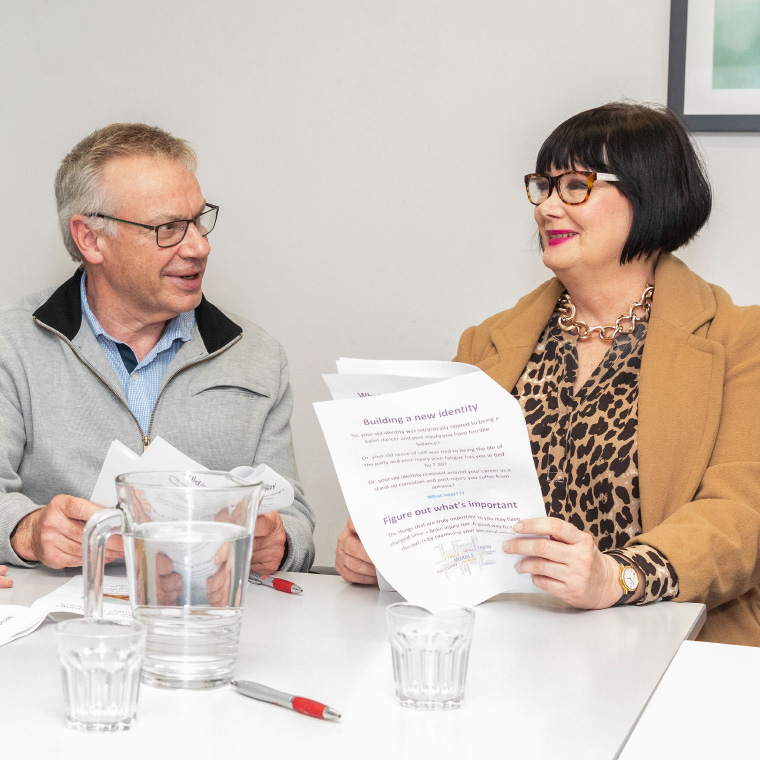
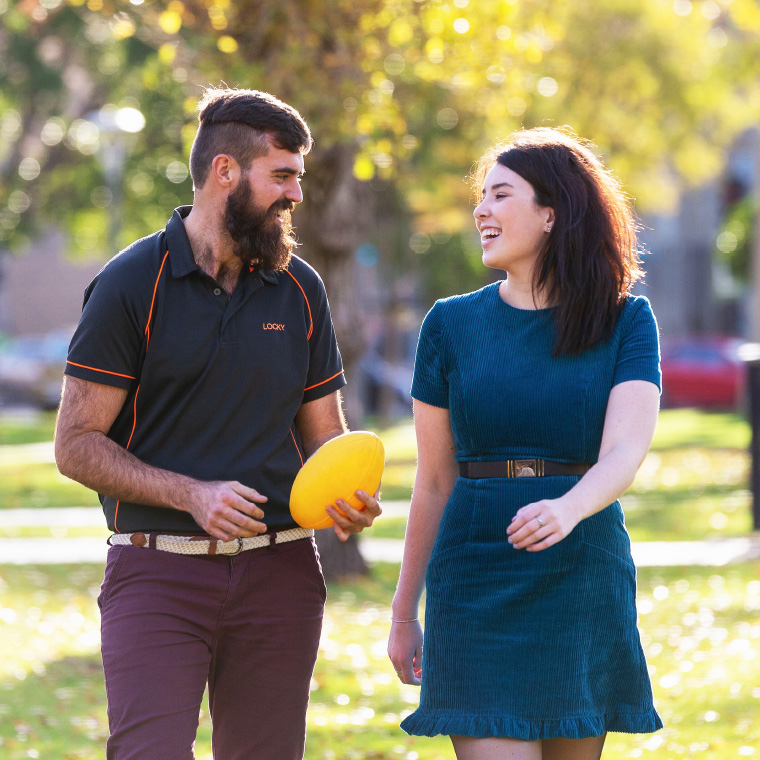
youth Reconnect Transition Program (yRTP)
The annual delivery of the youth Reconnect Transition Program was well attended and successfully delivered with six participants and three mentors taking part. This delivery also identified two new mentors for the next yRTP program, and we look forward to these individuals developing their mentoring skills so that they can assist others with managing the challenges of living with a brain injury.
express Reconnect Transition Program (eRTP)
The eRTP program was probably the most disrupted by COVID, including the previous year’s schedule of three program deliveries, taking the total to six eRTP deliveries for the year. Planning of these was hindered by the ongoing pandemic, and dates needed to be continually shifted until the six sessions could finally be delivered across May and June.
The eRTP has primary aims of forming enduring connections between people with lived experience of TBI who live in regional South Australia. Isolation is a key challenge for people with TBI generally, and conversations in eRTP sessions over the years have confirmed that isolation is also a pressing issue for people living in the regions. This makes sense, given that people with TBI are less likely to hold a driver’s license, to participate in community activities such as sports, and are more prone to difficulties such as anxiety and depression that promote withdrawal and isolation.
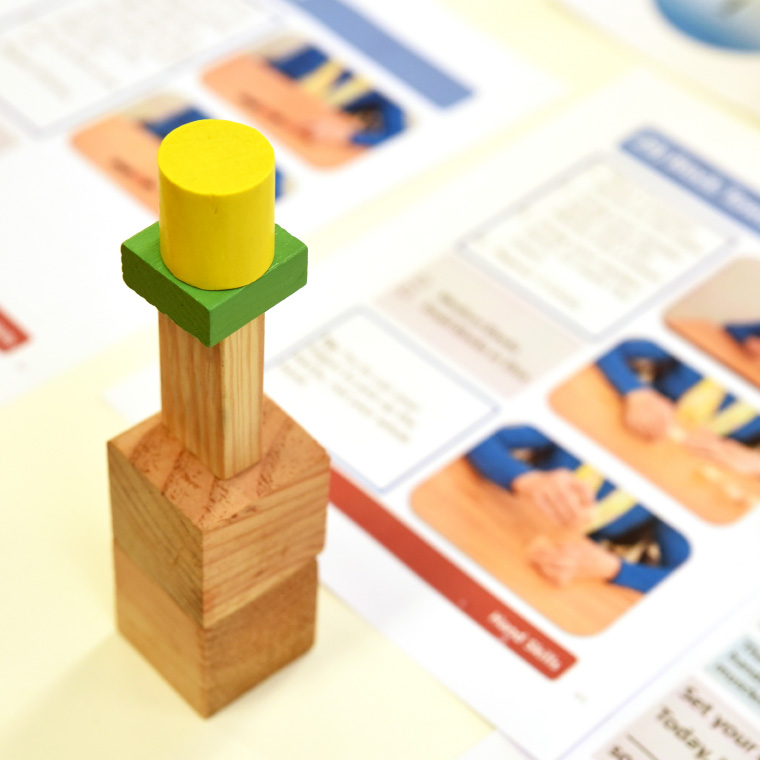
Brain Injury Support & Education (BISE) Group
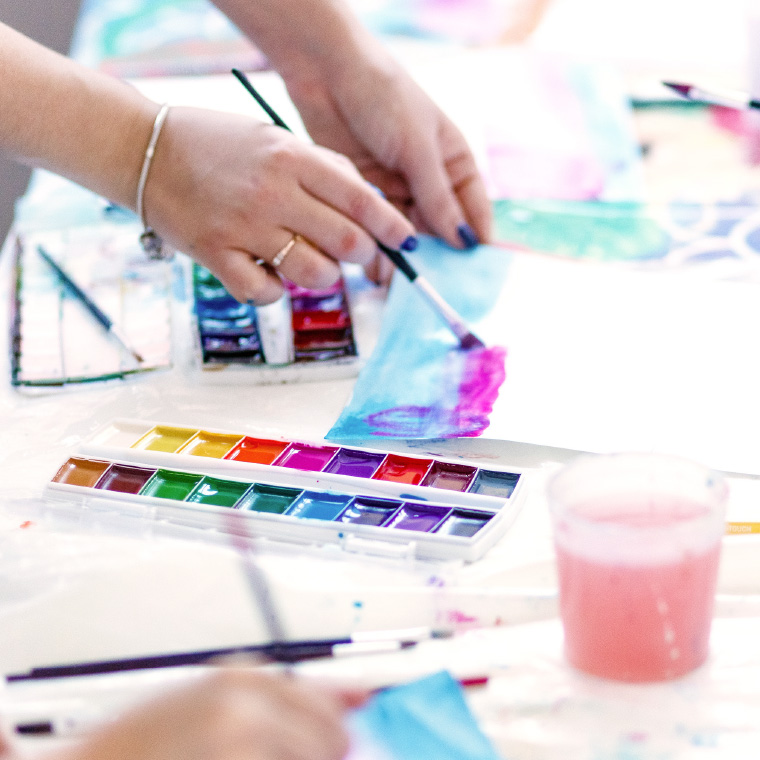
While disrupted by COVID, the monthly BISE group session continued to explore new ways to strengthen mental health and promote healthy adjustment to living with brain injury. Sessions included exploration of expression and creativity through art therapy, engagement in nature and mindfulness for wellbeing, personal values, and social communication.
The BISE group continues to provide an opportunity for people living with brain injury to form new connections and support one another in a relaxed and welcoming group environment.
Participant Story: Rhys Watts
Rhys had recently started work on a sheep station in the Clare Valley when he was involved in a motor vehicle accident. He sustained a number of serious injuries, including a traumatic brain injury, the loss of sight in his left eye, numerous skull and rib fractures and a serious blood clot in his shoulder which resulted in reduced function of his right arm.
When he started coming into Brain Injury SA (BISA) as part of his rehabilitation, he had two major goals in mind; to return to his rural home and to return to work at the sheep station, a job that involved a lot of physical work; fixing fences, looking after the sheep and cattle, chopping wood etc.
Rhys had set our BISA staff an incredible challenge!
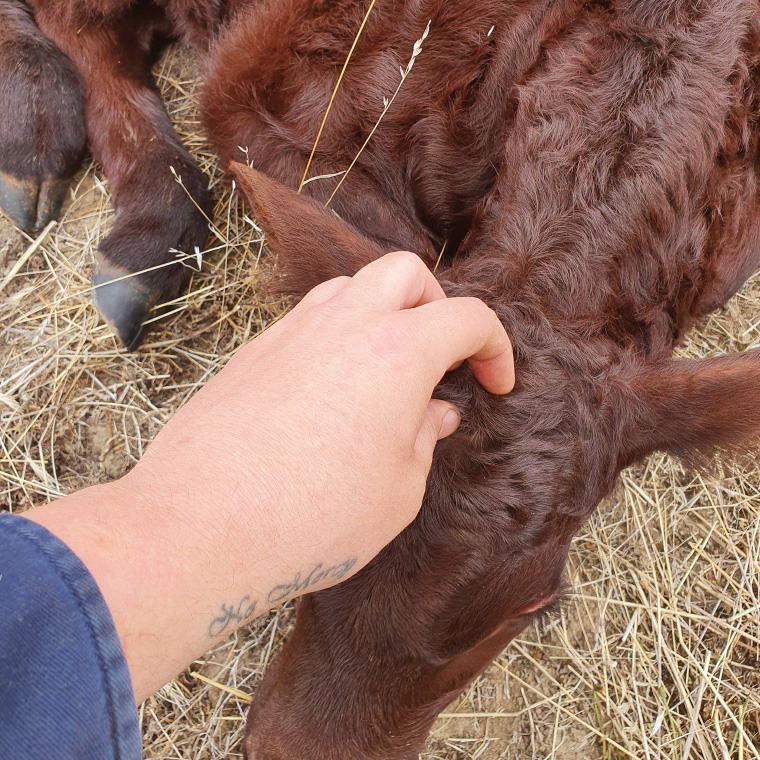
Rhys’s main challenges were reduced strength and balance, physical and cognitive fatigue, difficulty finding his words and reduced ability to understand and remember verbal information. He also struggled with memory and concentration on tasks and adjusting to the loss of his vision by training his working eye to track and focus. He was unable to lift his right arm above shoulder level due to the clot.
Rhys worked incredibly hard on strength and endurance in his physio sessions, working to improve his balance, core strength and mobility to ensure that he was safe in all aspects of his work.
In his speech pathology sessions, he worked on scanning visual information, learning new strategies to support his memory and being able to summarise and recall information.
With his Occupational Therapist (OT) Rhys worked on managing his fatigue and his daily activities. He also worked on using tools, starting with small kitchen equipment and moving to handheld tools by engaging in a project to build a coffee table. This helped him to work on his visual scanning and accuracy, quickly learning to compensate for his loss of vision.
Rhys moved back home in November 2020 and in February 2021, his OT had the privilege of visiting Rhys’s place of work to complete an environmental assessment with a view to getting Rhys started on a graded return to work.
Today Rhys is back at work 4.5 days per week and says:
“Going back to work has made me feel normal again, it gave me back some responsibility, so I feel like I’m doing something meaningful. I feel like I’ve got my own life back and am not feeling like a patient anymore.”